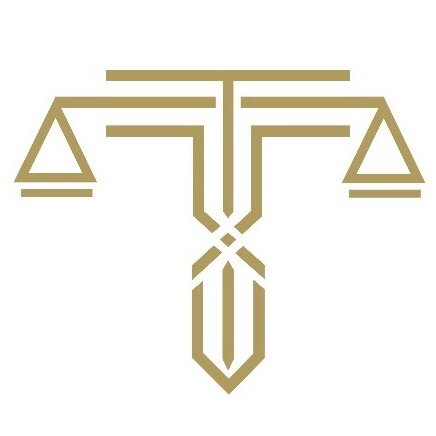Best Land Use & Zoning Lawyers in Dammam
Share your needs with us, get contacted by law firms.
Free. Takes 2 min.
Free Guide to Hiring a Real Estate Lawyer
List of the best lawyers in Dammam, Saudi Arabia
About Land Use & Zoning Law in Dammam, Saudi Arabia
Land use and zoning law in Dammam, Saudi Arabia, is an essential area of legal practice concerned with how land or properties within the city can be used. These laws aim to provide controlled and organized development and ensure that land usage is aligned with the public interest. Lawful and regulated land development includes both residential and commercial establishments. Zoning regulations often specify the areas wherein certain economic activities may occur.
Why You May Need a Lawyer
You may require a lawyer's assistance in various situations related to land use and zoning. If you wish to procure land for specific use, or your intended land use is in conflict with zoning laws, legal counsel can guide you through the necessary procedures. A lawyer can also be critical if you're facing legal issues related to land transformation permits, zoning compliance, environmental impact assessments, or a land use dispute.
Local Laws Overview
Land use and zoning laws in Dammam are governed by the Ministry of Municipal and Rural Affairs. Residential zoning laws oversee the construction of homes in particular areas, while commercial zoning laws regulate the implementation of businesses within designated areas. These laws can vary significantly between neighborhoods, making understanding the specific zoning laws of a location crucial. Other factors like environmental laws, urban development regulations, and historical preservation laws affect the manner of land use in Dammam.
Frequently Asked Questions
Can zoning laws be changed or appealed?
Yes, zoning laws can be changed through a process termed rezoning, which generally requires approval from local authorities. The appeal process often involves public hearings, so legal representation can be beneficial.
What happens if a zoning law is violated?
Violating zoning laws typically leads to penalties, which may include fines or mandated discontinuation of illegal land usage. In severe instances, it can lead to criminal charges. Hence, compliance with zoning regulations is vital.
Can I use a residential property for commercial use?
Generally, residential properties are meant for non-commercial use. However, if certain conditions in zoning law are met, a residential property might be used for commercial purposes. It’s advised to consult with a lawyer or zoning authority beforehand.
Are there specific laws for environmental preservation?
Yes, Saudi Arabia has specific laws for environmental protection and regulations integrating environmental considerations into urban planning and land use in order to maintain ecological integrity.
What is building code compliance?
Building code compliance refers to ensuring a property meets certain regulation standards for safety, health, and general welfare, set in building codes. Violating these requirements can lead to penalties.
Additional Resources
The Ministry of Municipal and Rural Affairs offers various resources related to land use and zoning laws. The Saudi Gazette and local government websites also provide updated notifications on law changes and developments. Consulting a legal firm that specializes in zoning and land use can be very beneficial for complex situations.
Next Steps
If you're facing legal issues regarding land use and zoning or require help understanding the relevant regulations, engaging a reputable law firm specializing in this field is the first step to deal with these matters effectively and legally. Approaching the Ministry of Municipal and Rural Affairs for guidance is another advisable step.
Lawzana helps you find the best lawyers and law firms in Dammam through a curated and pre-screened list of qualified legal professionals. Our platform offers rankings and detailed profiles of attorneys and law firms, allowing you to compare based on practice areas, including Land Use & Zoning, experience, and client feedback.
Each profile includes a description of the firm's areas of practice, client reviews, team members and partners, year of establishment, spoken languages, office locations, contact information, social media presence, and any published articles or resources. Most firms on our platform speak English and are experienced in both local and international legal matters.
Get a quote from top-rated law firms in Dammam, Saudi Arabia — quickly, securely, and without unnecessary hassle.
Disclaimer:
The information provided on this page is for general informational purposes only and does not constitute legal advice. While we strive to ensure the accuracy and relevance of the content, legal information may change over time, and interpretations of the law can vary. You should always consult with a qualified legal professional for advice specific to your situation.
We disclaim all liability for actions taken or not taken based on the content of this page. If you believe any information is incorrect or outdated, please contact us, and we will review and update it where appropriate.












